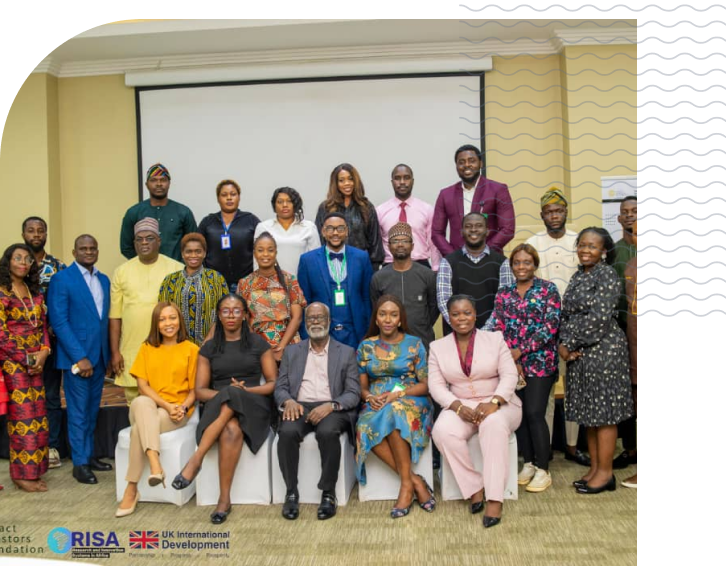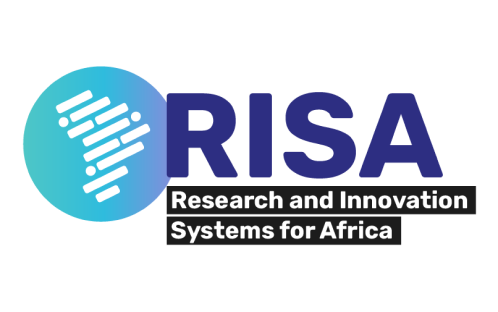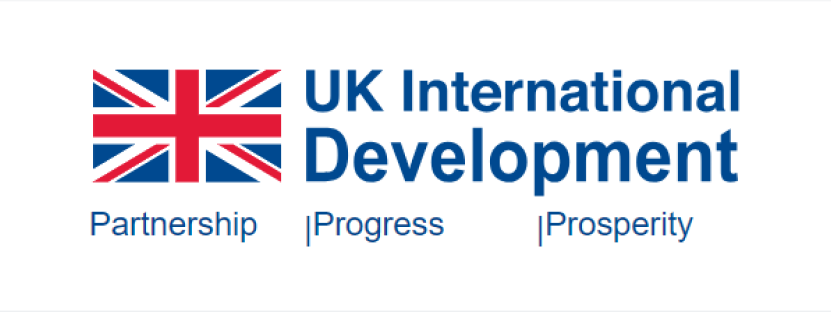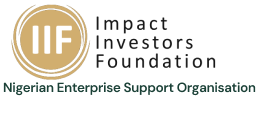Enterprise Support Organisations (ESO) Collaborative
We are a group of Professionals providing support to MSMEs in Nigeria and building a stronger ecosystem

About Us
This platform is a community resource developed by the ESO Collaborative which brings together government, the Nigeria Hubs Network, and other enterprise support organisations. It provides entrepreneurs, startups, businesses, freelancers etc. with extensive details of programmes provided by Enterprise Support Organisations (ESOs) in Nigeria.
Opportunities that grow
with your journey
Reliable programmes
All Enterprise support organizations (ESOs)and their programmes on this platform have been carefully verified
Detailed information
We provide extensive information about each (ESOs) and its programmes, for you to make informed decision.
Upcoming Programmes
Use our advanced search feature to find upcoming entrepreneurship events and programmes and sign-up for updates.
Top Trending Programmes
See allUpcoming Events
See allFeatured Articles
Our featured articles showcase the expertise and perspectives of our team, providing timely and informative content to help you stay ahead of the curve. Explore our curated collection of stories, analysis, and commentary to gain a deeper understanding of the topics that matter most.
Funded by


